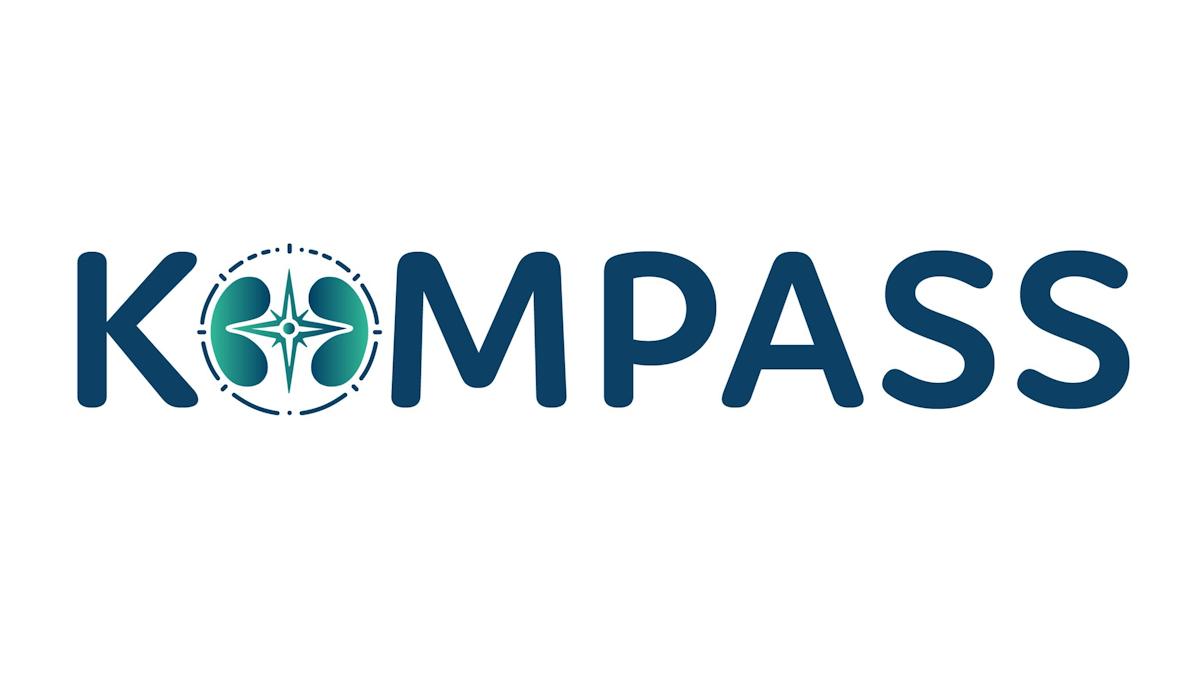Study finds Germany trails Spain and the US in digital health

Germany is lagging behind other countries in the adoption of digital health, including Spain and the US, according to a new survey carried out on behalf of drugmaker Fresenius.
The three-country poll found that Spain is way out in front, with over half of people asked responding that digital is already playing a major role in the networking of healthcare facilities, diagnosing illnesses and telemedicine.
The disparity between the three countries was most evident in telemedicine approaches such as online consultations, which were deemed very important by 55% of Spaniards, 43% of Americans but just 16% of German respondents.
There were also big differences in usage of digital health services. The US was way out in front when asked about video consultations, with 22% of people saying they had access to remote meetings with doctors. In Germany the proportion was just 2%, and Spain was only a little better at 6%.
GPs offering online appointment booking was available to around 55% of Spanish and US respondents, but only 15% of Germans, and the proportion of patients who had taken advantage of that was 42% and 35% respectively in Spain and the US, and 8% in Germany.
The poll nevertheless found that Germans are increasingly interested in digital services such as telemedicine, and that people in all three countries are seeing the use of digital health tools rise during the COVID-19 pandemic, according to Fresenius.
"People increasingly understand that digitalisation brings great benefits to healthcare," said Stephan Sturm, chief executive of the German pharma company. The survey found 46% of US respondents, 56% of Germans and 60% of Spanish people share this opinion.
"This is good news, because the success of digital applications depends to a large extent on their acceptance," added Sturm.
 Germans see the greatest advantage is simplified exchange between doctors, but they think benefits will come from easier access to health information and in improved diagnosis and treatment options.
Germans see the greatest advantage is simplified exchange between doctors, but they think benefits will come from easier access to health information and in improved diagnosis and treatment options.
Nearly half (47%) felt that digitalisation would result in therapies that could be better tailored to the individual, while around a third (35%) said that treatment options will improve generally.
Those findings were similar among Americans, according to the survey, while Spaniards saw the greatest benefits coming from shorter waiting times, cost savings through greater efficiency and an increase in healthcare quality.
All three nations said the introduction of digital medical records, the expansion of telemedicine services and the use of patient data for diagnosis are desirable outcomes of a digital health revolution, while around a third of people in each country are also in favour of greater use of wearable devices to harvest health data.
The survey was carried out by German polling organisation Allensbach Institut für Demoskopie.
Germany's digital health environment was modified in 2019 with the passage of the Digital Healthcare Act (DGV), which set out a clear commitment by the German authorities to make the country a frontrunner in providing access to digital interventions.
The act also made the country the first in Europe to enable the reimbursement and prescription of digital therapeutics on a national level. Before the legal changes, these were reimbursed on a case-by-case basis.













